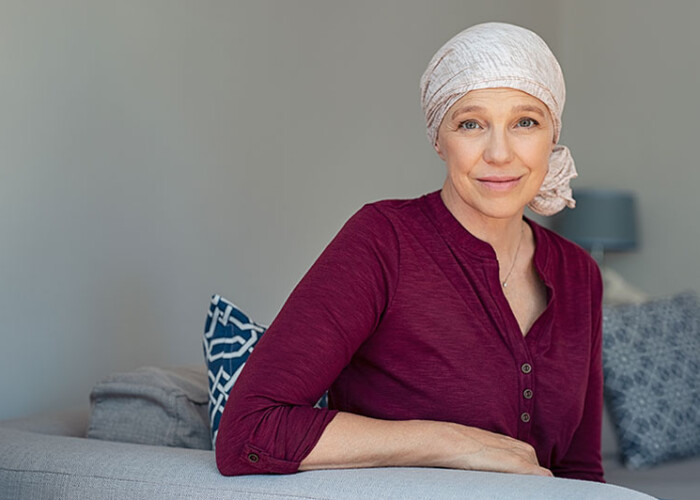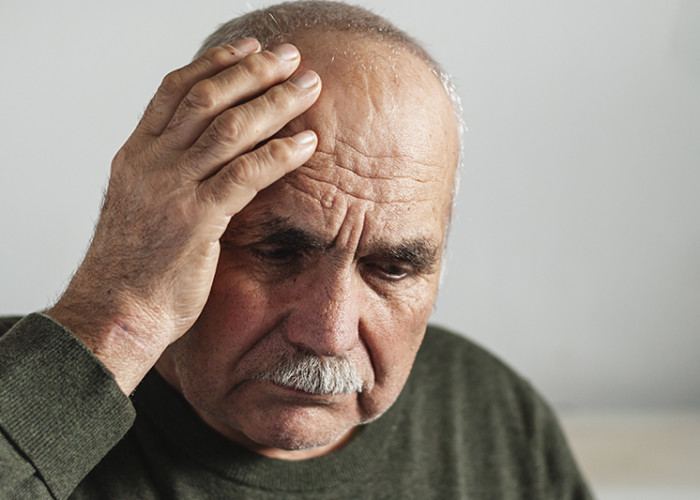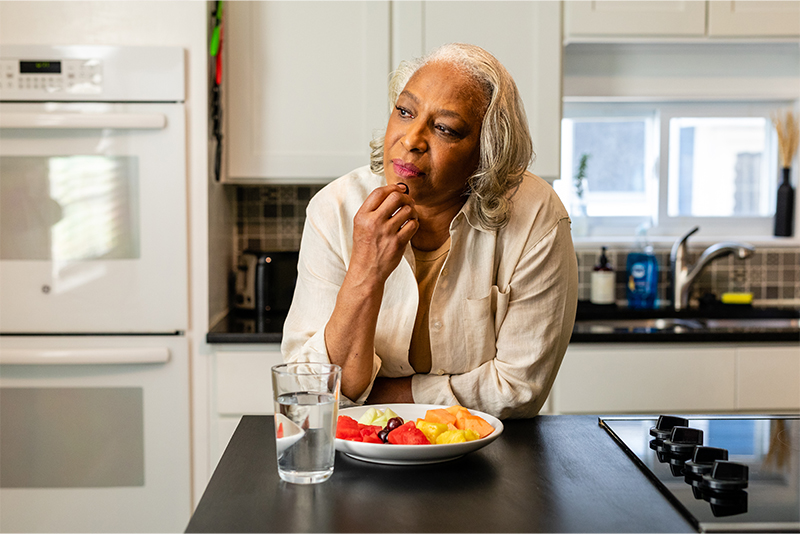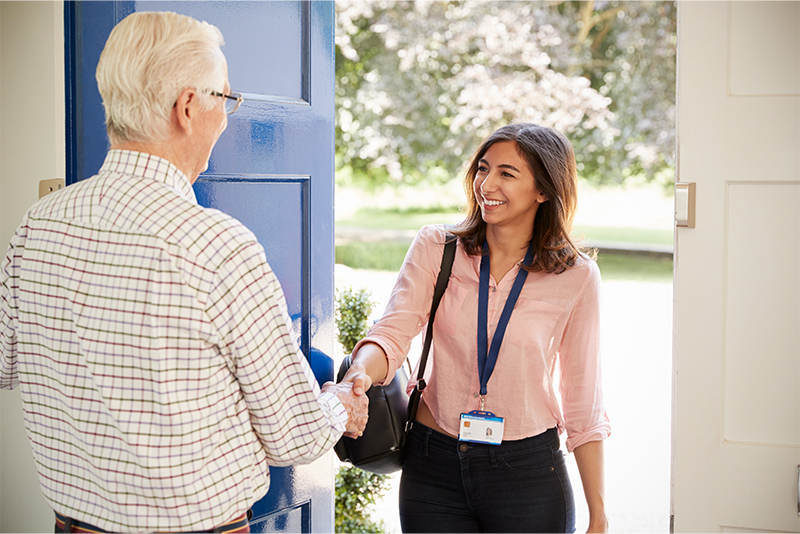Chemotherapy
Know What to Avoid During Chemotherapy for the Best Treatment Outcome
The benefits of chemotherapy are indisputable and can save someone’s life. However, in the process of destroying harmful cancer cells, noncancerous cells may also be in the crossfire, causing challenging side effects. The physician will offer recommendations on what cancer patients should do to minimize these effects, but it is just as important to know what to avoid during chemotherapy.
Understanding Chemo Brain and Its Effects
Chemo brain can last for months or even years after treatment has ended.
Memory lapses, confusion, and difficulty concentrating—these symptoms could easily be attributed to Alzheimer’s, but for cancer survivors, there’s another likely culprit: chemotherapy. Referred to as chemotherapy induced cognitive impairment (CICI) or “chemo brain,” these effects can linger for months or even years after treatment concludes. It’s not exclusive to chemotherapy recipients, either; radiation, surgery, hormonal treatments, and even the cancer itself can contribute to cognitive challenges, complicating effective treatment.
Exploring the Complexity:
Dr. Kevin Liou from the Bendhaim Integrative Medicine Center at Memorial Sloan Kettering Cancer Center emphasizes that cancer-related cognitive impairment is a multifaceted issue with various contributing factors. This complexity means that chemo brain can manifest at any point during or after cancer treatment, presenting symptoms like difficulty multitasking, reading comprehension issues, word-finding … Read More »
Try These Tips to Help with Appetite During chemotherapy
Chemotherapy can affect how foods taste, but there are steps you can take to help.
Good nutrition is crucial during cancer treatment and recovery, yet not always easy to achieve. Appetite problems during chemotherapy are common, as a result of the way the treatment impacts how foods taste. Many people undergoing chemo treatment complain of a metallic aftertaste in foods, and this can even occur in plain water. When combined with another prevalent side effect of chemotherapy – nausea – sticking to a healthy diet can be a challenge.
Clinically known as dysgeusia, it’s a condition that affects as many as 65% of patients receiving chemotherapy, sometimes lasting for just a few days or even up to several months. Nutritionist Ginger Hultin, RDN, explains, “Taste changes can really turn people off to eating enough food. Patients can start … Read More »









